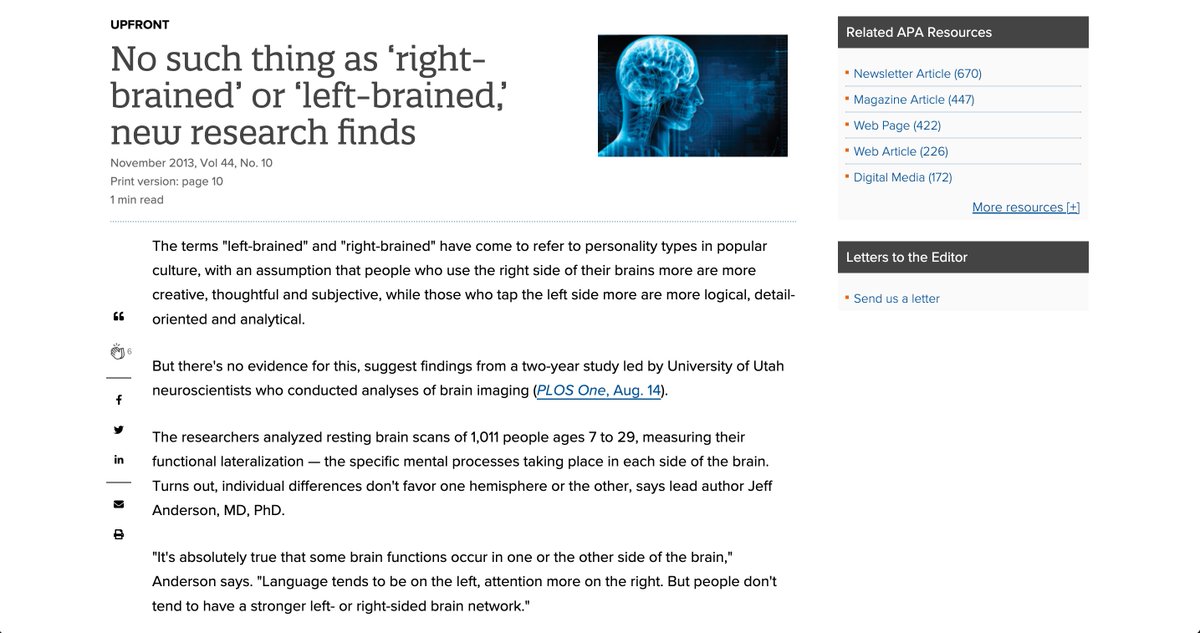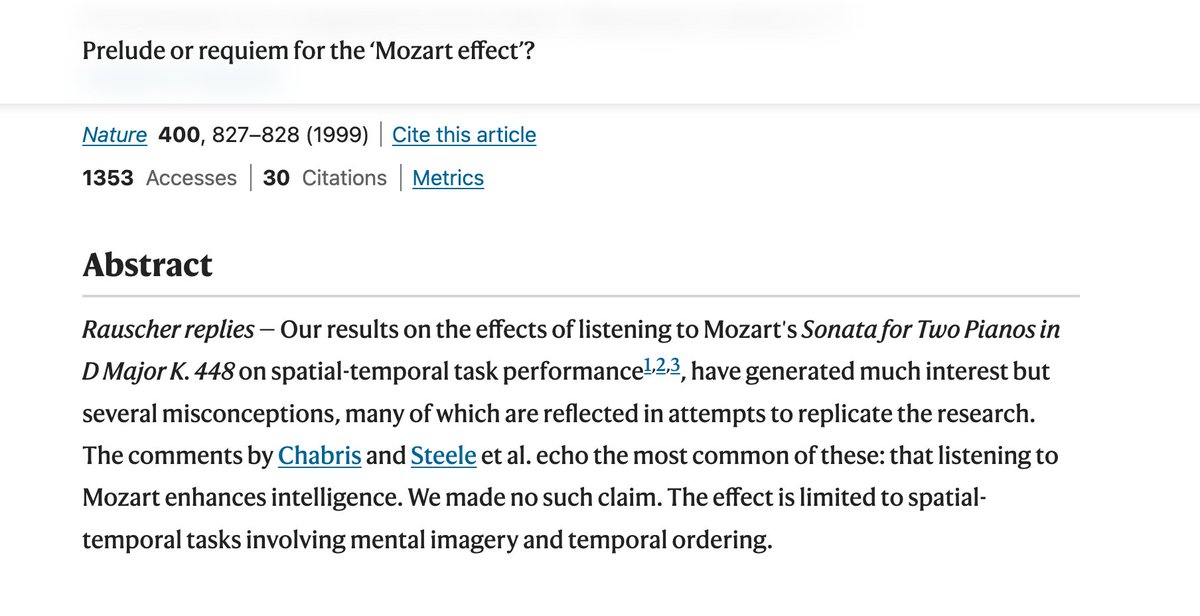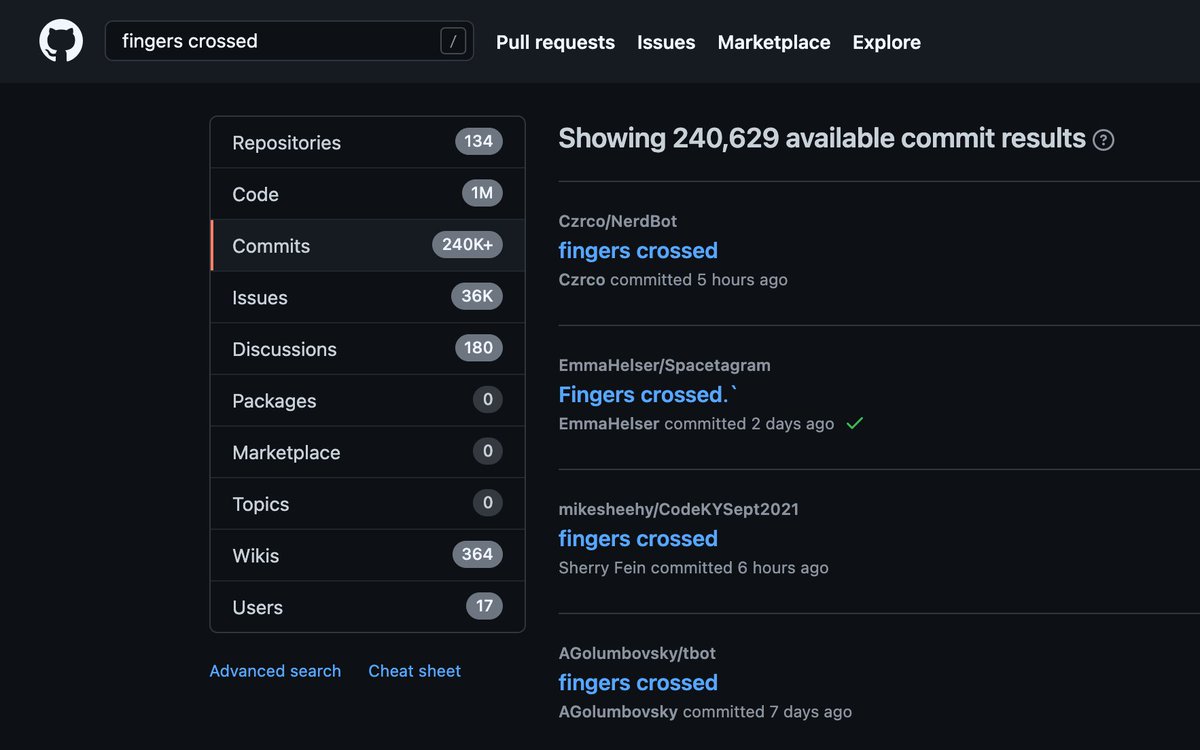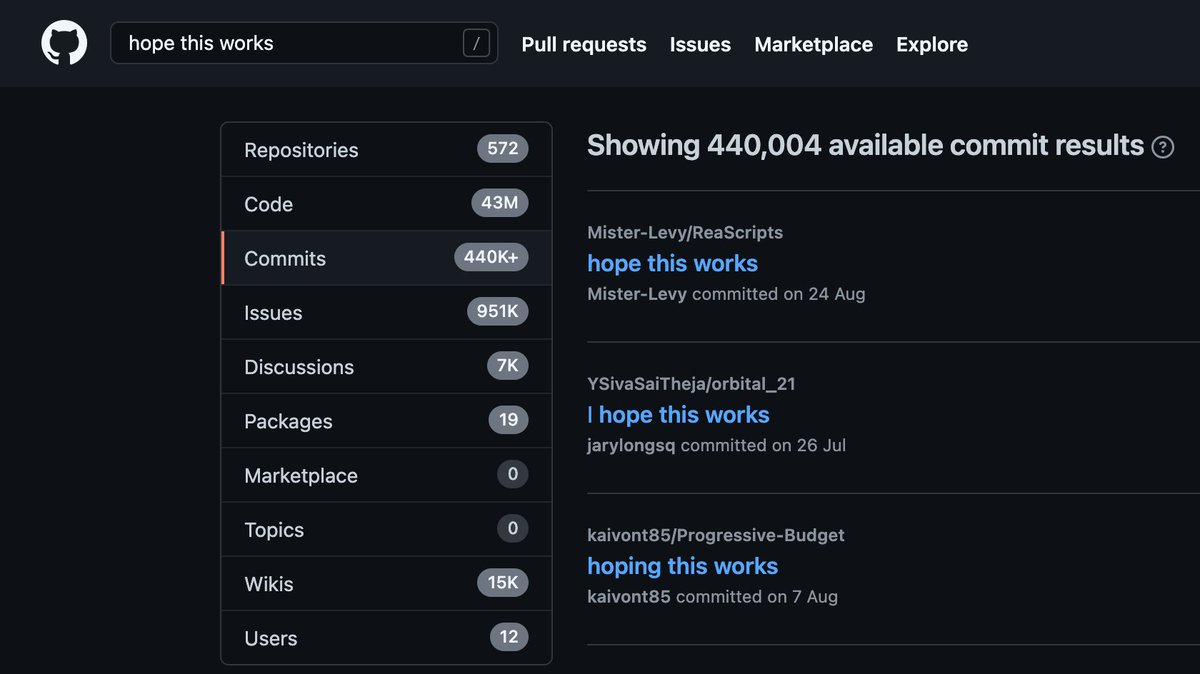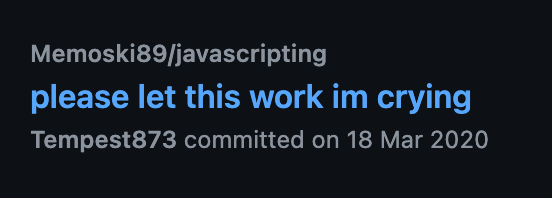
Happy #IWD2022! Let's play a game... Can you spot what's wrong with this list of "intellectual giants" by @farnamstreet? 👀
Men don't hold a monopoly over impacting the world with their brilliant thinking. Here are 10 women that changed the world & their thinking strategies 👇
Men don't hold a monopoly over impacting the world with their brilliant thinking. Here are 10 women that changed the world & their thinking strategies 👇
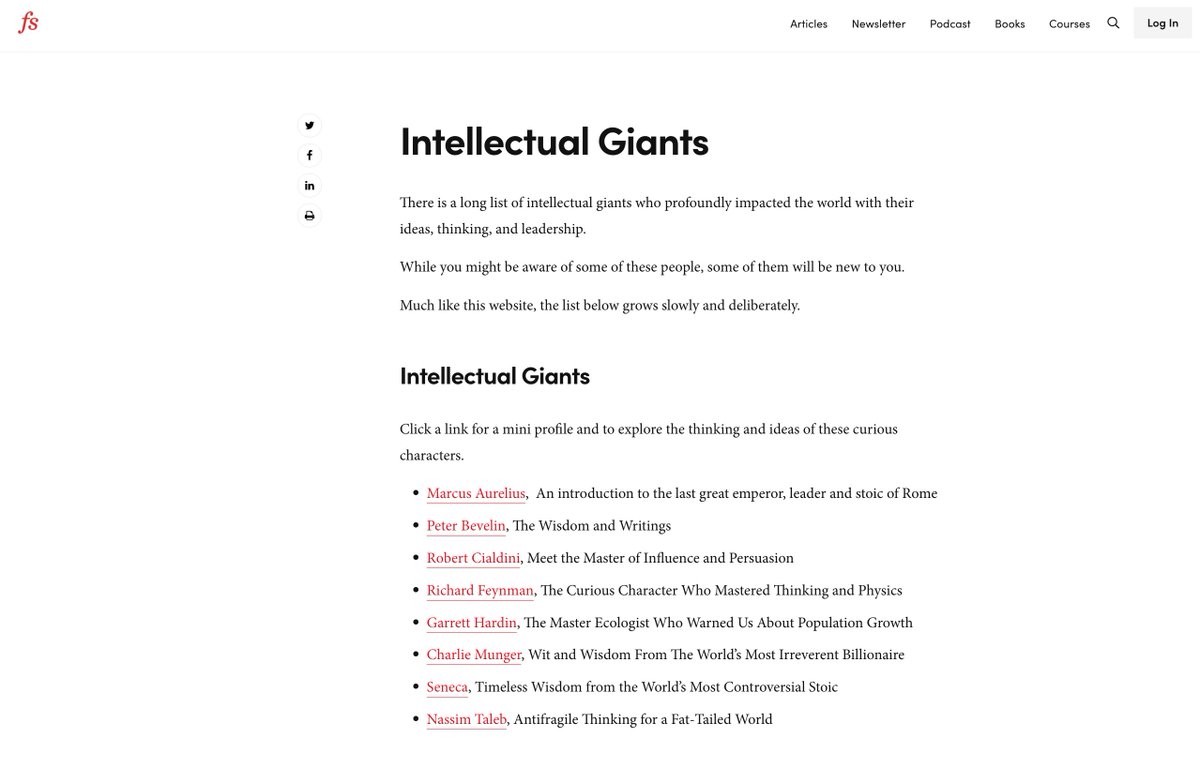
01. Let's start with the obvious... Marie Curie, the first person to win two Nobel Prizes!
It’s an understatement to say that she profoundly impacted the world with her ideas, and there is a lot to learn from her approach to problem-solving 🧠
nesslabs.com/marie-curie
It’s an understatement to say that she profoundly impacted the world with her ideas, and there is a lot to learn from her approach to problem-solving 🧠
nesslabs.com/marie-curie
02. Next is Ada Lovelace, who was wildly imaginative, but also valued her relationships in the scientific community and frequently connected science and literature.
She inspired Alan Turing’s work on the first modern computers in the 1940s 🖥️✨
nesslabs.com/ada-lovelace
She inspired Alan Turing’s work on the first modern computers in the 1940s 🖥️✨
nesslabs.com/ada-lovelace
03. Jane Goodall, whose patience and curiosity led to extraordinary discoveries about chimpanzees 🐵 (including the fact that they make tools) and made her one of the most influential scientists of our time.
nesslabs.com/jane-goodall
nesslabs.com/jane-goodall
04. Someone else who should be on this list is Katherine Johnson...
Her equations sent the first American into space, allowed John Glenn to orbit the Earth, and let Neil Armstrong and Buzz Aldrin explore the moon safely 🚀
nesslabs.com/katherine-john…
Her equations sent the first American into space, allowed John Glenn to orbit the Earth, and let Neil Armstrong and Buzz Aldrin explore the moon safely 🚀
nesslabs.com/katherine-john…
05. Let's go back in time a little bit. Do you know about Aspasia, who Socrates credited as one of his teachers?
She was hosting salons (hi @TheAnnaGat 💙) and her logic, debating skills and eloquent speech attracted philosophers, artists and scientists.
nesslabs.com/aspasia
She was hosting salons (hi @TheAnnaGat 💙) and her logic, debating skills and eloquent speech attracted philosophers, artists and scientists.
nesslabs.com/aspasia
06. Hard to try to #BreakTheBias without mentioning Simone de Beauvoir, an intellectual powerhouse whose stance against oppression sparked a movement.
nesslabs.com/simone-de-beau…
nesslabs.com/simone-de-beau…
07. Elizabeth Blackwell was the first woman to qualify as a doctor in the U.S.
Not only did she defy expectations to become a woman of firsts in her field, she also paid it forward to the next generation of women in medicine 🙏🏽
nesslabs.com/elizabeth-blac…
Not only did she defy expectations to become a woman of firsts in her field, she also paid it forward to the next generation of women in medicine 🙏🏽
nesslabs.com/elizabeth-blac…
08. Discovering dark matter, anyone? 🌠
Vera Rubin was a powerhouse in astrophysics, but she rarely gets the credit she deserves.
nesslabs.com/vera-rubin-the…
Vera Rubin was a powerhouse in astrophysics, but she rarely gets the credit she deserves.
nesslabs.com/vera-rubin-the…
09. Rosalind Franklin's unbounded curiosity had a global impact while still making time to enjoy the activities that she loved.
There's a lot we can learn from her! 🧬🧬🧬
nesslabs.com/rosalind-frank…
There's a lot we can learn from her! 🧬🧬🧬
nesslabs.com/rosalind-frank…
10. Finally, Mae Jemison was the first American woman to orbit the earth.
If that doesn't require some groundbreaking type of thinking, perseverance & courage, I don't know what does 🤷🏽♀️
nesslabs.com/mae-jemison-th…
If that doesn't require some groundbreaking type of thinking, perseverance & courage, I don't know what does 🤷🏽♀️
nesslabs.com/mae-jemison-th…
There are so many brilliant thinkers who should be on this list, but I hope this very short list encourages everyone to #BreakTheBias and highlight the impactful work of women across science, technology & philosophy.
Happy International Women's Day!
nesslabs.com/brilliant-thin…
Happy International Women's Day!
nesslabs.com/brilliant-thin…
• • •
Missing some Tweet in this thread? You can try to
force a refresh


